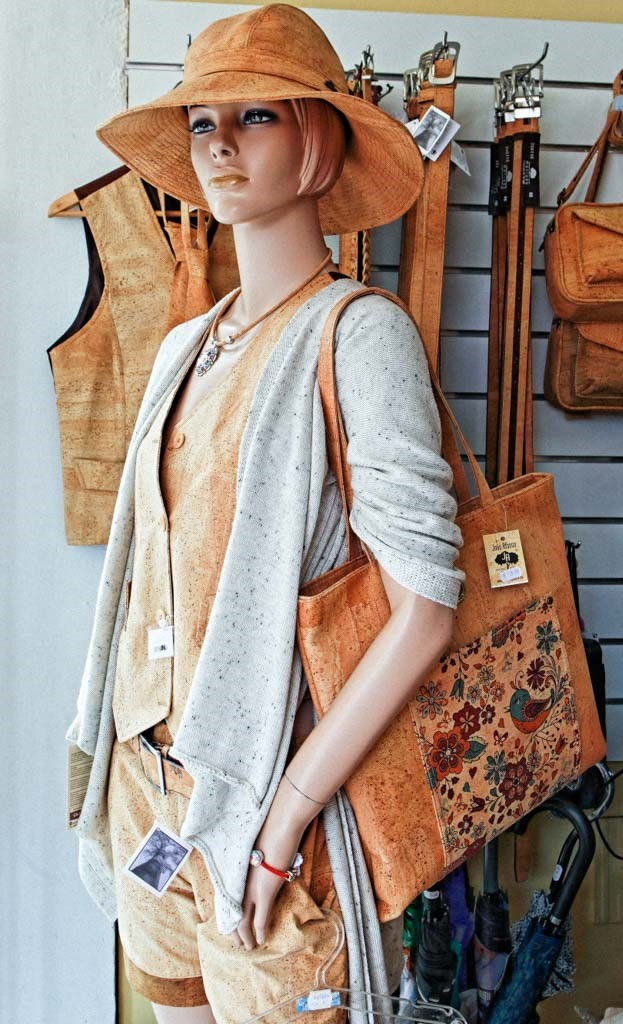Cork, a product fit for the 21st century
- Picture My Lisbon

- Jun 8, 2019
- 2 min read

Hello fellow readers!
I haven't been very active lately mostly because the high season of tourism is taking its toll on me and I've been working every single day... But hey, I'm back to provide you with more interesting insights!
Today I'm dedicating this post to cork. Have you heard of it? No? What if I told you that if you have ecological concerns, this is one of the best products you can acquire as a memory of your visit to Lisbon (or even Portugal)? So let's dive into the world of cork!
Cork is a natural product that can be obtained from cork oak trees, native from the southern European region, due to its mild, warm climate. It's basically the bark of the tree that grows thicker with time, until it's good enough to be collected. Don't think you can just scrap a bit off and be gone though, because if you do so, you'll damage the tree and it won't grow anymore! This is why farmers use an axe with a special blade, so that when they make an incision in the bark it can be removed without any damage.
Cork oak trees need to grow a certain number of years before they're big (and thick) enough for the cork to be extracted - usually around 25 years! Then the cork needs to grow back again, at least 9 years, until it can be collected. So how do they keep track of when the last extraction happened? Well, if you drive along the roads where cork trees are, you'll notice that there's a number painted on the trunk! That number indicated the year when the bark was extracted, so if you see a number 8, it means it was collected last year (2018).

Traditionally, cork was used as containers for food or water, or even as a spoon! Its most famous application though is as stoppers for bottles (did you know that there is no better way to preserve wine than with cork stoppers?). Eventually it became even more popular due to its versatility; it's waterproof, so you can make umbrellas out of it, heatproof (they're very good as coasters for hot beverages), and soundproof (try to insulate your house with it!). This means that if you travel to Portugal, you'll find it literally EVERYWHERE - there is no souvenir shop that won't sell it! This also means that you have to be VERY careful when choosing to buy a cork product, as scams are easy to fall into, and you might end up with a fake cork bag that will tear apart after a few uses! They're usually easy to recognize because the object will be very cheap and instead of a single piece of cork, it'll be made of cork strips. Just look for trustable brands such as Montado, Pelcor or Cortiçarte.

How was that? Did I convince you to try some cork? Please provide your feedback on the comments and make sure you follow my Instagram account or my Facebook page if you want to get my new blog posts as soon as they're published!




Comments